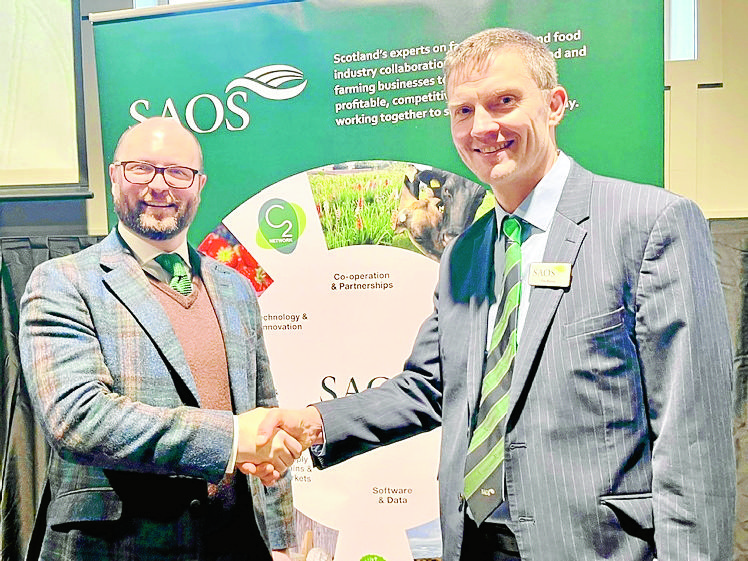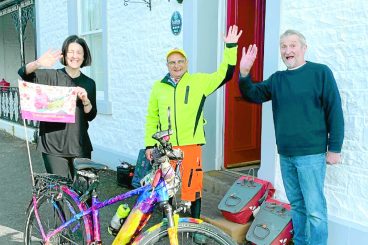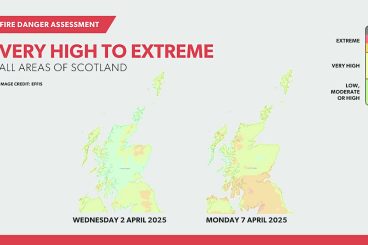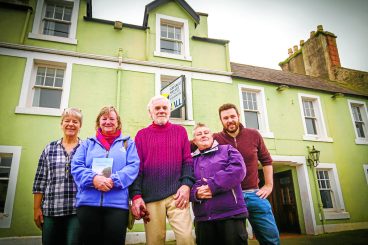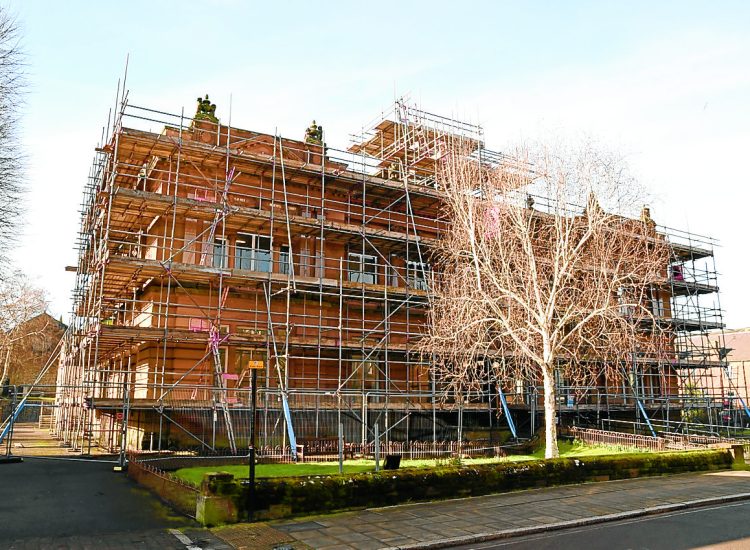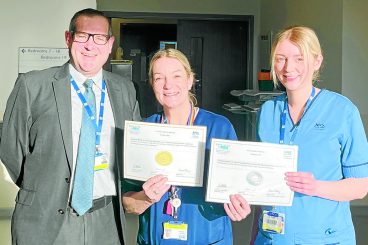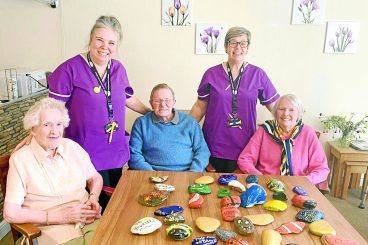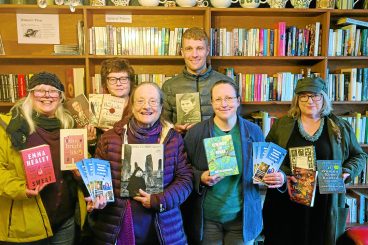A NEW partnership has been agreed to drive sustainable economic growth in the South of Scotland’s food and drink supply chain.
The agreement between South of Scotland Enterprise (SOSE) and the Scottish Agricultural Organisation Society (SAOS) will support the industry’s transition towards Net Zero emissions, while aiming to increase its Gross Value Added (GVA) for the region.
Presently, the South of Scotland contributes approximately 30 per cent of Scotland’s agricultural emissions, while the food and drink sector contributes ten per cent of the region’s GVA.
This presents an opportunity to lower emissions but also increase the value captured from the South’s impressive agricultural food and drink producing assets, creating a greener, wealthier and more inclusive economy for all.
The partnership – which is initially in place for three years – will aim to improve both the commercial, societal and environmental sustainability of the sector through focussing on supply chain development; innovation and technology; and community and economic development.
Actions include identifying gaps and opportunities in the supply chain, promoting the use of data and technology to improve agricultural practices and supporting the development of new products and processes that lower carbon emissions.
The partnership will also aim to enhance community involvement and ownership within the supply chain and develop initiatives which reconnect communities with local agriculture.
SOSE chief executive Jane Morrison-Ross said: “Our new partnership not only drives inclusive, green growth across the South of Scotland, but demonstrates our commitment to farming as a key sector.
“We will work with SAOS to showcase the innovation happening in agriculture, the commitment from the sector to drive real change and to harness the economic opportunities for our producers.”
SAOS chief executive Tim Bailey added: “We look forward to working together with SOSE, bringing our supply chain expertise to help farmers and businesses in food and drink production in the South of Scotland to transition towards Net Zero in an inclusive and sustainable way, and boosting economic growth in their supply chains.”





